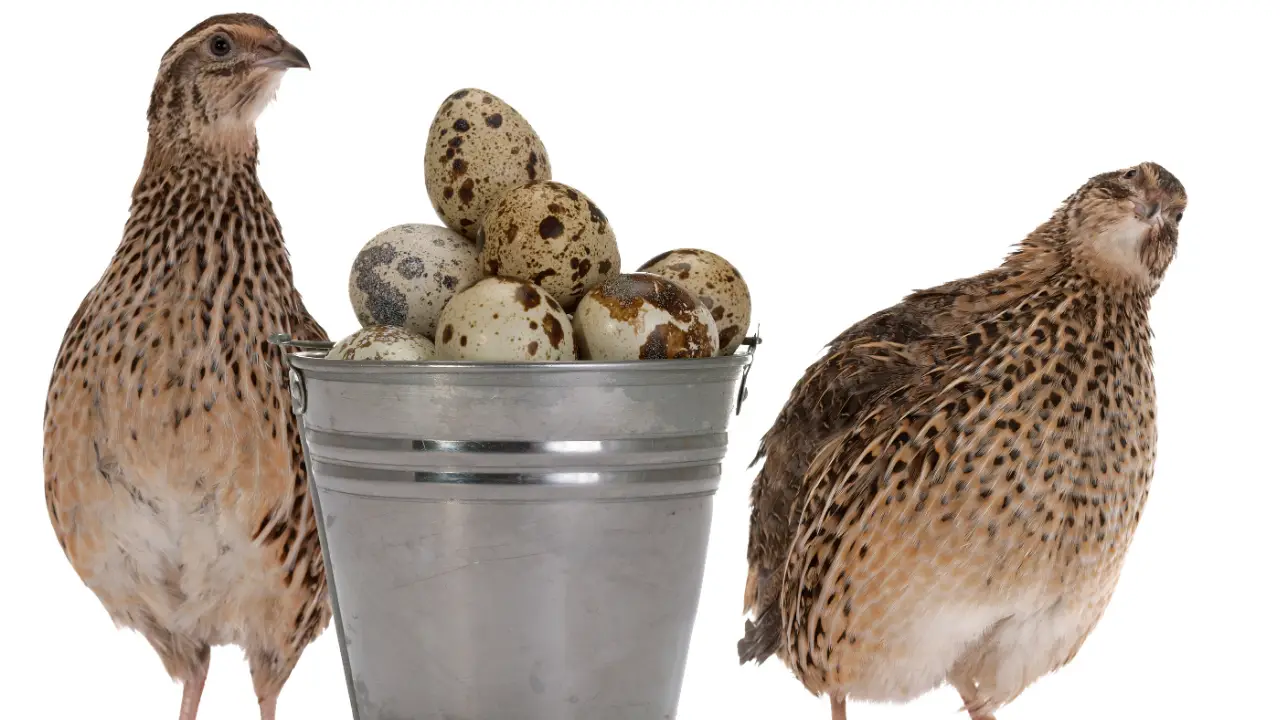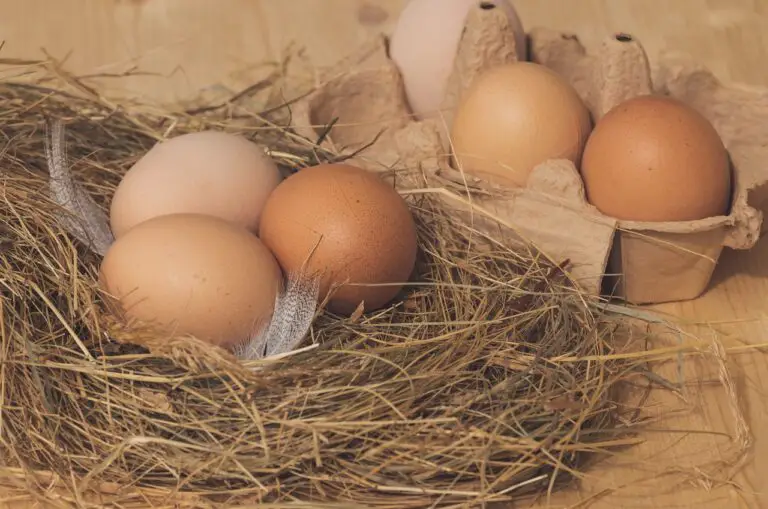How Long Do Quail Live?

Quail are small, attractive birds often favored for their distinct call and beneficial roles in agriculture and wildlife. Many people keep quail for their eggs, meat, or as pets, raising the question: how long do quail live? Understanding the lifespan of these birds is crucial for those interested in their care and management.
Quail typically live for 2 to 3 years in the wild, while domesticated quail can live up to 4 or 5 years with proper care. Factors such as species, environment, and health management play a significant role in determining their lifespan.
Lifespan of Wild Quail
Wild quail generally have a shorter lifespan compared to their domesticated counterparts. In the wild, quail typically live for about 2 to 3 years. This relatively short lifespan is influenced by several factors, including predation, habitat quality, and availability of food and water. Natural predators like foxes, hawks, and snakes pose constant threats to wild quail, significantly reducing their chances of a long life.
Environmental conditions also play a crucial role in the survival of wild quail. Harsh weather, scarcity of food, and diseases can all impact their lifespan. Despite these challenges, wild quail populations are known for their resilience and ability to adapt to changing conditions, which helps maintain their numbers in the wild.
Lifespan of Domesticated Quail
Domesticated quail, such as those raised for eggs or meat, generally enjoy a longer lifespan than their wild relatives. With proper care, domesticated quail can live up to 4 or 5 years. This extended lifespan is primarily due to the controlled environments in which they are raised, free from the dangers of predators and harsh weather conditions. Access to a consistent and nutritious diet, clean water, and regular health checks also contribute to their longevity.
However, the lifespan of domesticated quail can still be influenced by factors such as genetics, housing conditions, and overall care. Quail kept in clean, spacious environments with minimal stress are more likely to live longer. Additionally, regular veterinary care and attention to their health needs can prevent diseases and increase their life expectancy.
Factors Affecting Quail Lifespan
Several factors can affect the lifespan of both wild and domesticated quail. Genetics play a significant role, as certain species and breeds may naturally have longer or shorter lifespans. For instance, Japanese quail are known to live longer than some other species when kept in captivity.
Environmental conditions are also critical. In the wild, habitat quality, availability of food and water, and weather conditions can greatly influence survival rates. In domesticated settings, factors such as the cleanliness of the living area, quality of food, and stress levels can impact their health and longevity. Ensuring a stable and healthy environment is essential for maximizing the lifespan of quail.
Health Management for Quail
Proper health management is crucial for extending the lifespan of quail, whether they are kept in the wild or as domesticated birds. Regular health checks and vaccinations can prevent common diseases that affect quail, such as avian influenza and Newcastle disease. Maintaining a clean and hygienic environment helps reduce the risk of infections and parasites, which can significantly impact their health and lifespan.
Nutrition is another critical aspect of health management. Providing a balanced diet rich in essential nutrients, vitamins, and minerals is vital for the overall well-being of quail. Clean, fresh water should always be available to prevent dehydration and support their metabolic functions. Additionally, minimizing stress through proper handling and reducing environmental stressors can help ensure a healthier and longer life for quail.
Conclusion
Understanding the factors that influence the lifespan of quail can help enthusiasts and farmers provide better care for these fascinating birds. While wild quail typically live for 2 to 3 years, domesticated quail can live up to 4 or 5 years with proper care. Factors such as genetics, environment, and health management play significant roles in determining their longevity. By providing a safe, clean, and nurturing environment, quail can lead healthier, longer lives, benefiting both the birds and those who care for them.





